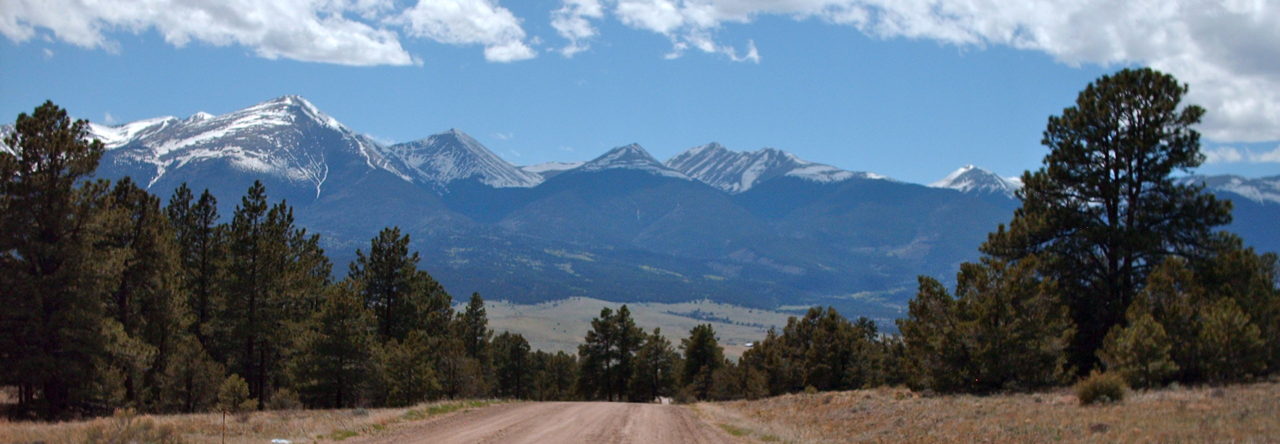Some dogs can sense a storm coming.
They will often cower, go find the bathtub or a basement corner if home alone, or just shiver while you hold them and wait.
You try to soothe them and it helps, but our animals are always spot on when it comes to knowing something ominous like a good thunder and lightning rainstorm is barreling down hard on your little green acre.
As humans, our instincts and sense of pending doom are not nearly as developed.
We usually cannot sense natural disasters are on the way like many animal species can.
So, without warnings from science like Doppler radar of severe weather approaching, or forecasts of potential earthquake activity from the United States Geological Survey (USGS) in Golden, CO, we typically fail to realize something bad is on top of us until it is too late.
I am not an economist so cannot authoritatively say why indefinite quantitative easing (QE3 or QE4-ever as some are calling it) is not something that is going to help the country’s financial and economic messes.
People do not want gloom and doom nor do they want to hear doomsayer predictions for the future.
I pretty much was skeptical from the onset, though, of hearing Federal Reserve Chairman Ben Bernanke detail the Fed agreed to indefinitely print money to the tune of $40 billion per month, as a means of administering balm to our less than healthy economy.
Mainstream media will not report on the possible negative ramifications of this kind of fiscal policy.
The majority of Americans get their news from mainstream media outlets.
The wisdom of reporting the Fed’s actions will be good for the economy must stem from the leap of faith that Ben and his gang know what is best for us more so than we do.
When anyone would like an explanation of why this is good, Bernanke serves up his double speak.
This confuses us and leads us to believe what the mainstream media say we all should:
We don’t know what is best. Let the experts decide what course of action is best for us since we are not as educated, experienced, capable and just plain smart as they are.
Excuse me for requesting a little old-fashioned logic, reason and common sense be included in any decisions on our behalf.
Printing money to excess debases currency. That is generally accepted fact.
The dollar’s buying power is decreased as a result—the threat of inflation increases and goods and services can (and do) cost more. You do not need an economics degree to understand any of this.
While the stock market may fare better in the short term with quantitative easing, and I am skeptical about this “certainty,” are we not just kicking the can down the road and postponing dealing more constructively with our problems?
These are scary powers we have given the Federal Reserve Czar and his cronies.
QE1 and 2 propped up the stock market for a while but never created a single job.
Really, all they did was buy us (a little) more time.
The stock market has had a decent bull run since the great recession recovery began, albeit with low(er) overall volumes of shares trading—a lot of players remain on the Wall Street sidelines for now, waiting out how all the indefinite money printing will work out this time. But do not even the uber positive among us possess a sneaking suspicion of where it will all end this time—even as we distract ourselves with our iPhone 5’s? I think we do, but we just aren’t talking about it. Our heads remain firmly planted in the sand.
The purported salve that is money printing continues to contribute to the general overvaluation of stock prices.
It would be nicer if when the Federal Reserve decides to do something that would appear to not make any sense (they already failed printing money in QE1 and 2—why do we give them a pass and let them do QE4-ever?), our animals would shiver, cower and generally display something bad is on the way like they do before thunderstorms.
But alas, our critters won’t be able to warn us of the dangers of indefinite quantitative easing.
Their early warning ability only works for natural storms that are on the way.
They are powerless at warning us when the disasters that lie ahead are of man-made origin.
